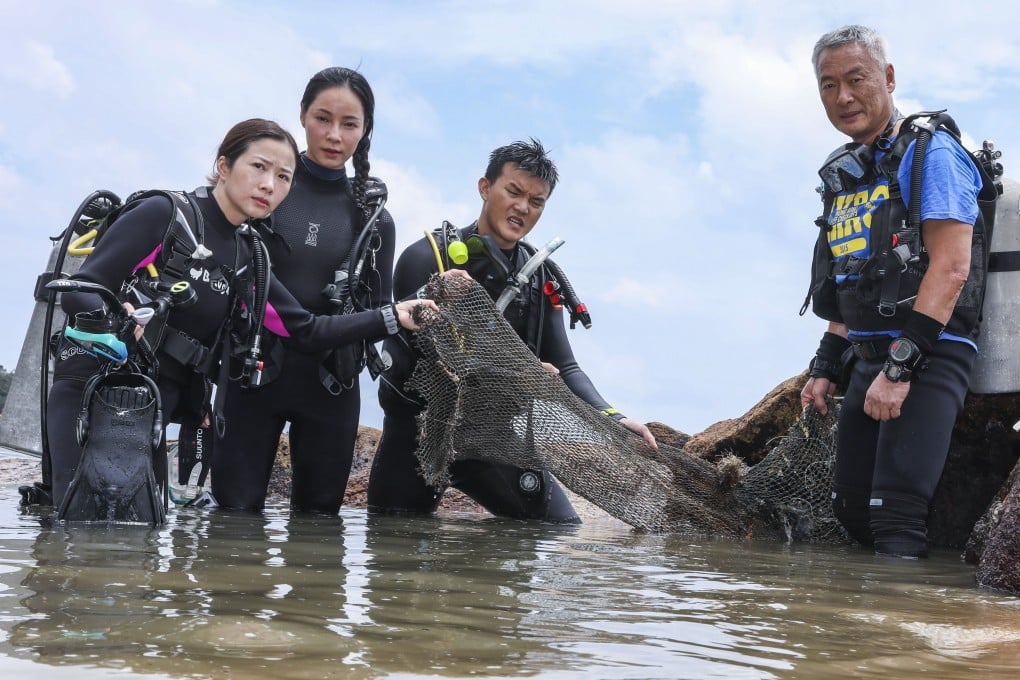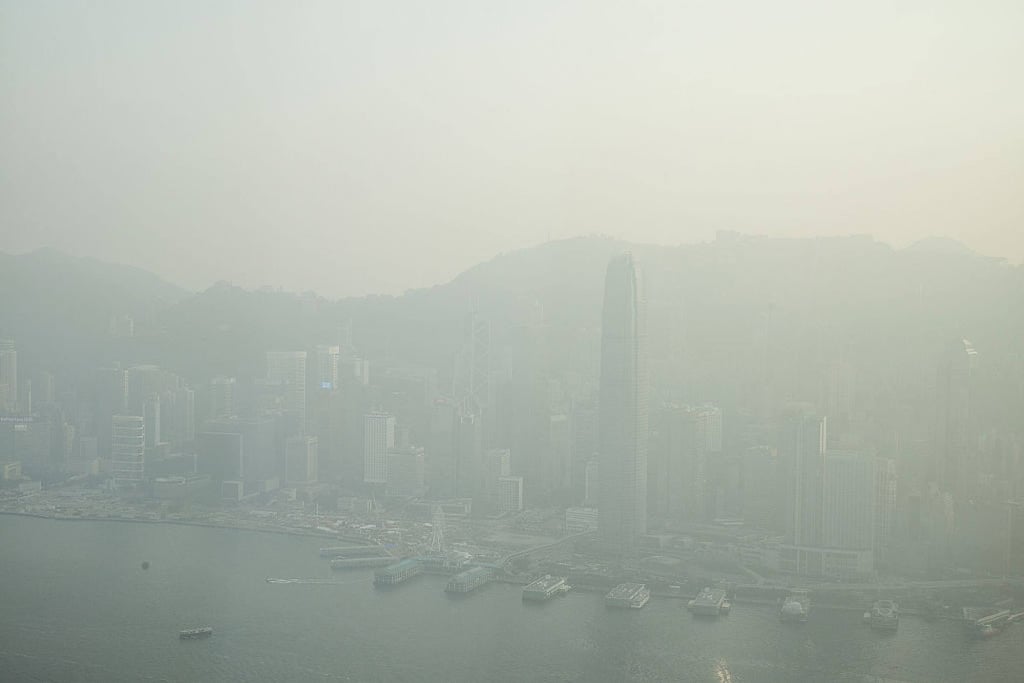Hong Kong’s environmental problems, from plastic pollution to filthy air to food waste, and the people fighting them
- The city’s environmental and sustainability challenges have grown ever hotter in recent years as the spectre of climate change looms larger
- From a young activist taking a leaf out of Greta Thunberg’s book to the 69-year-old ‘Ghostnet Hunter’, here are some of the people fighting the green fight

In the past 25 years, the environment and sustainability have become hot topics of conversation for governments, both on a local and global level.
Driving the conversation – and policy shifts – are concerns over climate change. And for good reason. In 2021, a report by the Intergovernmental Panel on Climate Change (IPCC) – a United Nations body responsible for advancing knowledge on human-induced climate change – warned that global temperatures will very likely rise 1.5 degrees Celsius above pre-industrial levels by 2040.
Air pollution is also a concern. Data from Hong Kong’s Air Quality Health Index has shown street-level air pollution in densely populated areas including Causeway Bay, Central and Mong Kok often exceeds World Health Organization guidelines. Vehicle emission is a major part, not helped by a rise in the number of private motor vehicles registered in the city: in 2019 it hit 628,000, an increase of 10,000 from the previous year.

NGOs tackling this issue include the Clean Air Network, which formed in 2009 to educate the public about the impact of air pollution on health, and advocate for policy and behaviour change.
While the Hong Kong government has pledged to reach carbon neutrality by 2050, the current rate of carbon emissions shows no signs of abating.